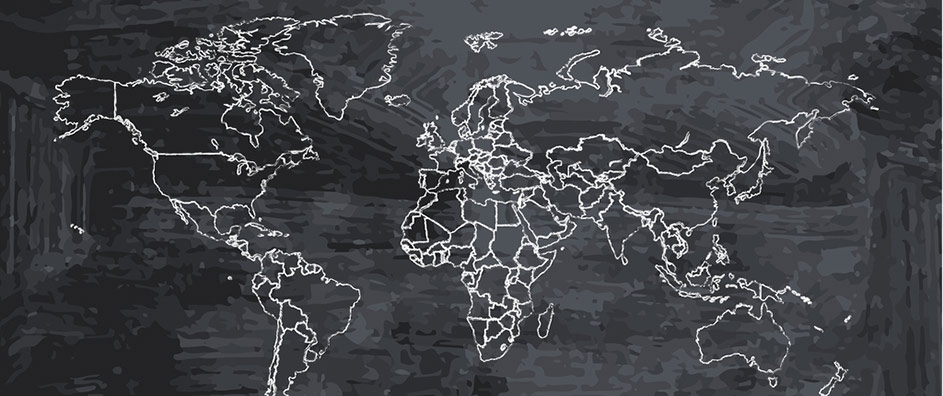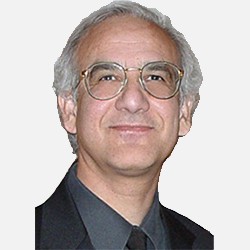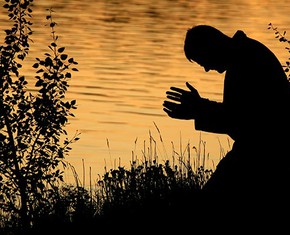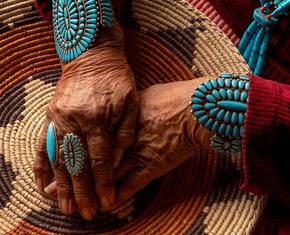The views expressed in our content reflect individual perspectives and do not represent the authoritative views of the Baha'i Faith.
The Baha’i vision of a modern world has at least three distinct features, each unique to Abdu’l-Baha’s insight and wisdom:
First, the Baha’i teachings base their view of modernity on a historical consciousness, and not on any doctrine of a fixed, selfish human nature.
Secondly, Baha’is regard modern society as composed of two types of rationalization processes—instrumental and moral ones.
Finally, the Baha’i Faith takes a global approach to modern humanity.
Critique of Historicist Theory
Abdu’l-Baha strongly criticized the historicist theory of development. As first formulated by the Romantics, historicist theory called for the veneration of old practices and the worship of archaic traditions.
However, such a position is entirely devoid of any historical sensitivity, because it recognizes historical process in the past but wants to stop the flow of history in the present. In the past, historicists did not in fact advocate tolerance or understanding of other cultures. Rather, they normally believed in the superiority of their own culture and tradition, and had no problem imposing and generalizing their own tradition on other cultures—which often happened in the case of colonialization.
However, this kind of historicist commonly talked about cultural uniqueness and cultural specificity only when confronted with the need to adopt from other cultures. Ironically, in the 21st century, some modern advocates of historicist theory still defend a historicist model because of their belief in cultural tolerance and diversity.
The best example of this new formulation is the post-modernist theory which considers all truth and all values to be relative and devoid of any objective meaning.
However, both of these forms of historicist theory are one-sided. The first version is an ethnocentric doctrine imprisoned in the worldview of its past traditions. It finds its own tradition to be the only cultural truth and considers it superior to all other cultures. In Islam, the conservative ulama’s position was an example of this intolerant form of historicism. In this sense historicist theory becomes identical with its opposite theory—namely, the philosophy of the Enlightenment, which believed in the superiority of Western modern culture and expressed a narrow-minded ethnocentrism.
But the more modern version of historicism is equally problematic. If one rejects any objective truth or value, then there is no reason to defend the value of diversity, either. Cultural and political intolerance and imperialism would then be as good as cultural tolerance. This shows that post-modernist theory is trapped in a fundamental contradiction. On the one hand, it rejects any possible objectivity for any value, and yet it calls for the moral imperative of mutual respect and tolerance. But this can only make sense if a post-modernist makes a distinction between good tradition and bad tradition.
Both types of historicist theory ignore the fact that in the traditions of all past cultures there have been significant laws and customs which have defended the particular interests of the possessors of power, and have systematically suppressed and denied the rights of other groups. War, imperialistic invasion, colonial rule, religious intolerance, extremes of social inequality, patriarchy, and racial, ethnic, and linguistic oppression have been frequent realities of past traditions.
For Abdu’l-Baha, human development cannot be equated with unconditional worship and glorification of anyone’s past tradition:
Religion, the function of which was to illumine humanity, has become the factor of obscuration and gloom. Religion, which was to confer the consciousness of everlasting life, has become the fiendish instrument of death. As long as these superstitions are in the hands and these nets of dissimulation and hypocrisy in the fingers, religion will be the most harmful agency on this planet. These superannuated traditions, which are inherited unto the present day, must be abandoned, and thus free from past superstitions we must investigate the original intention. – Abdu’l-Baha, Divine Philosophy, p. 161.
The Baha’i teachings say that humanity must march forward and, in this march, it must also learn from the creative spirit of the glorious cultural innovations of the past.
The other problem with the historicist tradition is that no tradition is absolutely unitary. In any society, there are elements of many diverse and opposing cultural traditions and worldviews. By definition, then a historicist model must suppress the richness of its cultural history to pretend that it follows one true tradition of its history. That has always been a pretext for the persecution of minorities and suppression of the human rights of various groups.
For all these reasons, the Baha’i vision of sociological development is neither historicist nor ethnocentric. Instead, for Abdu’l-Baha, authentic development is equated with the principle of unity in diversity. This means that respect for the internal conditions and cultures of different societies must be one of the elements of the definition of all social development.
















Comments
Sign in or create an account
Continue with Googleor